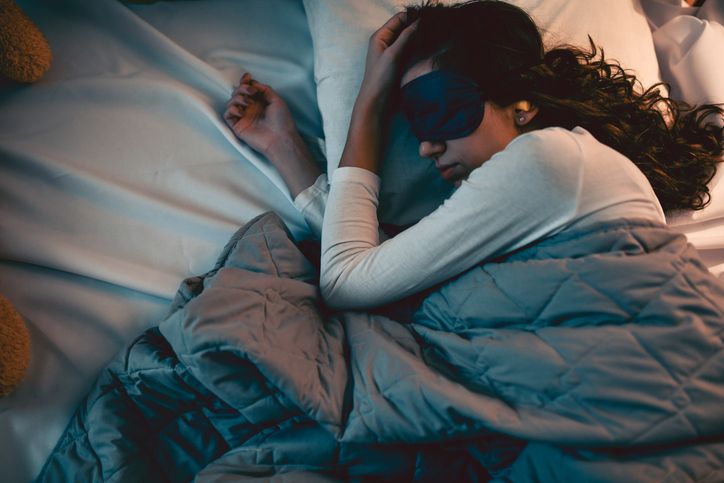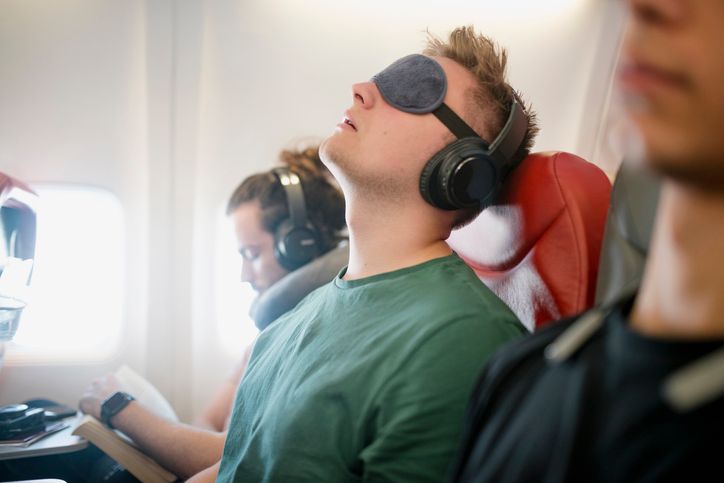- Home
- Trend
- Weight Loss Strategies
- Acne Tips
- Hair Health Information
- Blemish Removal Tips
- Acne Scar Removal Tips
- Muscle Building Techniques
- Intimate Care Tips
- Postpartum Intimate Care
- Eye Bags Wiki
- Tips for Face Slimming
- Secret of Permanent Hair Removal
- Breast Enlargement Tips
- Cure to Snoring
- Marionette Lines
- Skin-Tightening Secrets

免費體驗
Fotona 4D NightLase Snoring Treatment
1 Minute Self-Registration
Date should not be before minimal date
Are you tired of restless nights due to snoring? Snoring not only disrupts your sleep but can also affect your partner's rest and overall well-being. Understanding how to stop snoring naturally can lead to better sleep and improved health outcomes. Let's explore some effective methods and remedies to combat snoring and its underlying causes.
1
Snoring and Its Impact

2
4 Natural Remedies to Stop Snoring

1. Sleeping on Your Back
2. Natural Hydration: Keeping Passages Moist
3. Steam Power: Breathe Easy with Warm Compresses
4. Strengthening Your Snooze: Exercises for a More Restful Sleep
- Shortness of Breath at Night: Causes, Treatments, and When to Seek Help
- Is Snoring Bad? Causes, Risks, and Solutions
- Causes, Remedies & The Guide To Fotona 4D NightLase Snoring Treatment To Stop Snoring
- 3 Anti-Snoring Acupressure Points: Reduce Snoring Without Disturbing Others! Plus One Ultimate Tip to Completely Solve Snoring at the End
3
More Snoring Remedies: Foods and Drinks That Promote Better Sleep

1. Tryptophan-Rich Foods
2. Complex Carbohydrates
3. Fruits
4. Herbal Teas
5. Warm Milk
4
Prevent Snoring With Technology: Treat Snoring With NightLase NIGHTLASE™

Eliminate snoring by tackling the roots

免費體驗
Fotona 4D NightLase Snoring Treatment
1 Minute Self-Registration
Date should not be before minimal date
5
Conclusion


免費體驗
Fotona 4D NightLase Snoring Treatment
1 Minute Self-Registration
Date should not be before minimal date
FAQ

1. What are the benefits of using nasal strips for snoring?
Nasal strips are adhesive strips that are placed on the outside of the nose to help open up nasal passages. They work by lifting and widening the nostrils, which can improve airflow and reduce nasal congestion. Nasal strips are often used as a non-invasive solution to snoring and can be beneficial for individuals with mild to moderate snoring issues.
2. How do nasal strips help with snoring caused by nasal congestion?
Nasal strips can be effective in reducing snoring caused by nasal congestion. By opening up the nasal passages, they allow for easier breathing through the nose, which can help reduce the need for mouth breathing and decrease the likelihood of snoring.
3. What is the role of the soft palate in snoring?
The soft palate is a muscular structure at the back of the roof of the mouth. In some individuals, the soft palate can contribute to snoring when it becomes too relaxed during sleep. This relaxation can cause the soft palate to partially block the airway, leading to vibrations and snoring sounds. Techniques such as palatal exercises or treatments targeting the soft palate can help alleviate snoring caused by this issue.
4. How does continuous positive airway pressure (CPAP) therapy work for obstructive sleep apnea (OSA)?
CPAP therapy is a common treatment for OSA, a condition where the airway becomes partially or completely blocked during sleep. A CPAP machine delivers a continuous flow of air through a mask worn over the nose or nose and mouth, creating positive airway pressure. This pressure helps keep the airway open, preventing apneas (pauses in breathing) and reducing snoring.
5. What exactly is obstructive sleep apnea syndrome (OSAS)?
OSAS is a sleep disorder characterised by repeated episodes of partial or complete blockage of the upper airway during sleep. These blockages, known as apneas, can lead to pauses in breathing, disrupted sleep patterns, and symptoms such as loud snoring and daytime fatigue. Treatment options for OSAS may include CPAP therapy, lifestyle changes, and surgical interventions.








